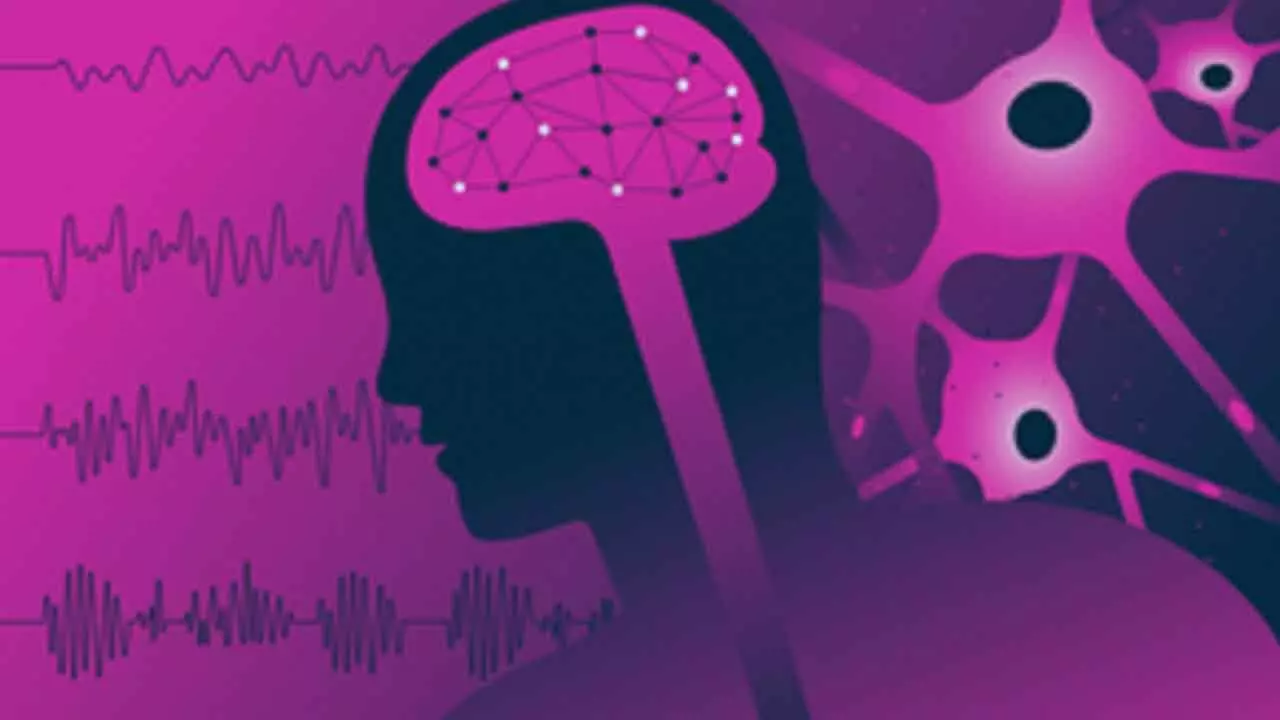Early Diagnosis Can Help Most Epilepsy Patients Lead Normal Lives
Symptoms of epilepsy include sudden numbness, body stiffness, shaking, fainting, speech difficulty, and involuntary urination. Despite its long history, awareness about epilepsy remains limited
Early Diagnosis Can Help Most Epilepsy Patients Lead Normal Lives

New Delhi: Early diagnosis and treatment can help 70 per cent of patients with epilepsy -- a chronic neurological condition -- to lead normal lives, said health experts here on Monday.
The World Health Organization (WHO) estimates that epilepsy affects nearly 50 million people worldwide.
“India contributes to 10-12 million people, over one per cent of the total population and nearly one-sixth of the global burden. The prevalence in India ranges from 3.0 to 11.9 per 1,000 population. The high incidence has become a serious public health challenge for us and there is an urgent need for early diagnosis, clinical interventions, and care,” Dr. Praveen Gupta, Principal Director & Chief of Neurology, at Fortis Hospital, told IANS.
Symptoms of epilepsy include sudden numbness, body stiffness, shaking, fainting, speech difficulty, and involuntary urination. Despite its long history, awareness about epilepsy remains limited.
Dr Madhukar Bhardwaj, Director & HOD Neurology, Aakash Healthcare, said epilepsy is more common among children aged 8-12 years in India, with a five-year prevalence rate of 22.2 per 1,000 children.
However, Gupta noted that the condition is significantly rising in adults.
“In children, congenital abnormalities and infections dominate, while in young adults, traumatic brain injuries, neurocysticercosis, and meningitis are significant contributors. In our country neurocysticercosis, caused by tapeworm infections, accounts for nearly 30 per cent of epilepsy cases. Among the elderly, strokes and neurodegenerative conditions are leading causes,” Gupta said.

